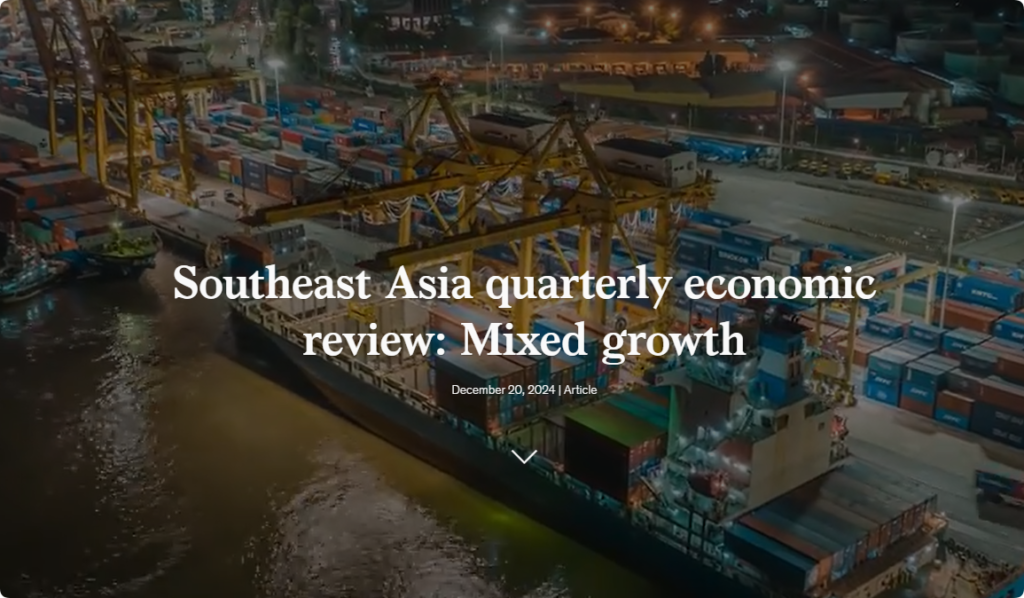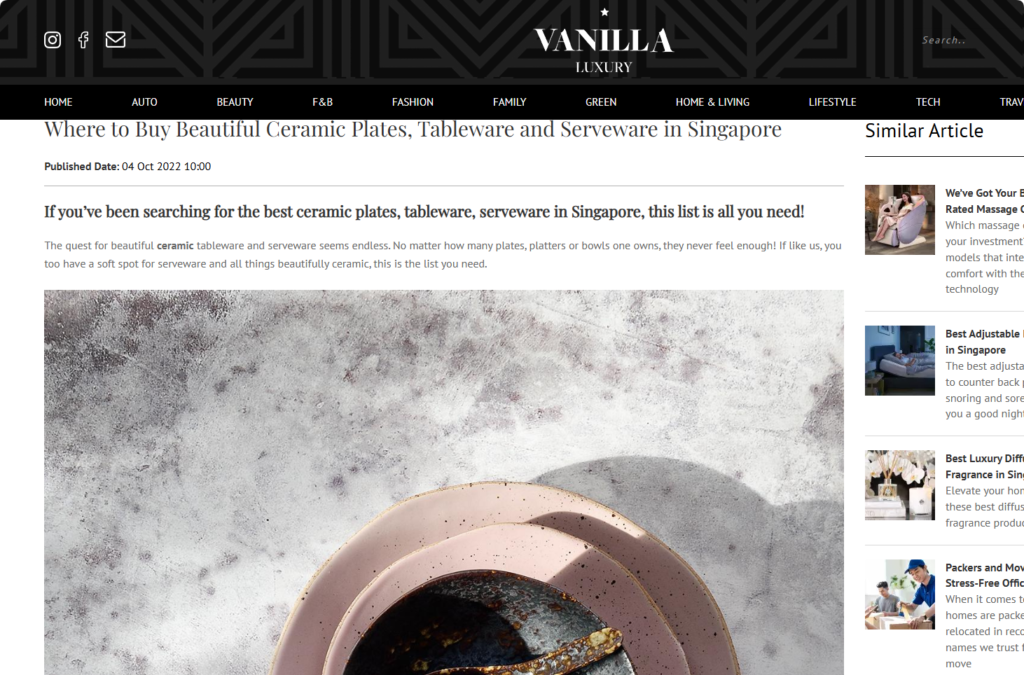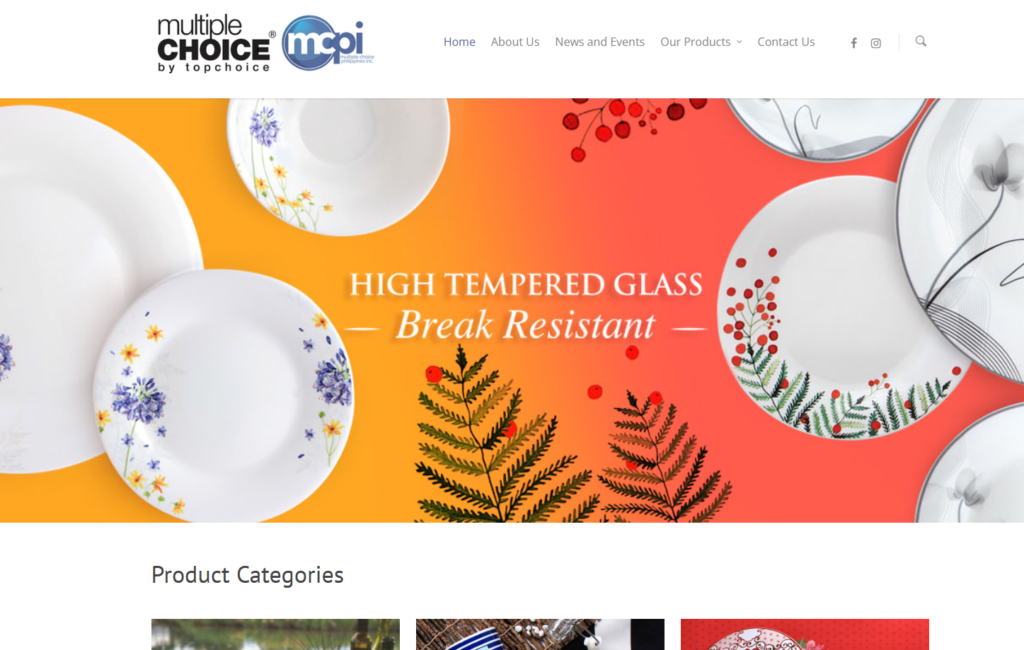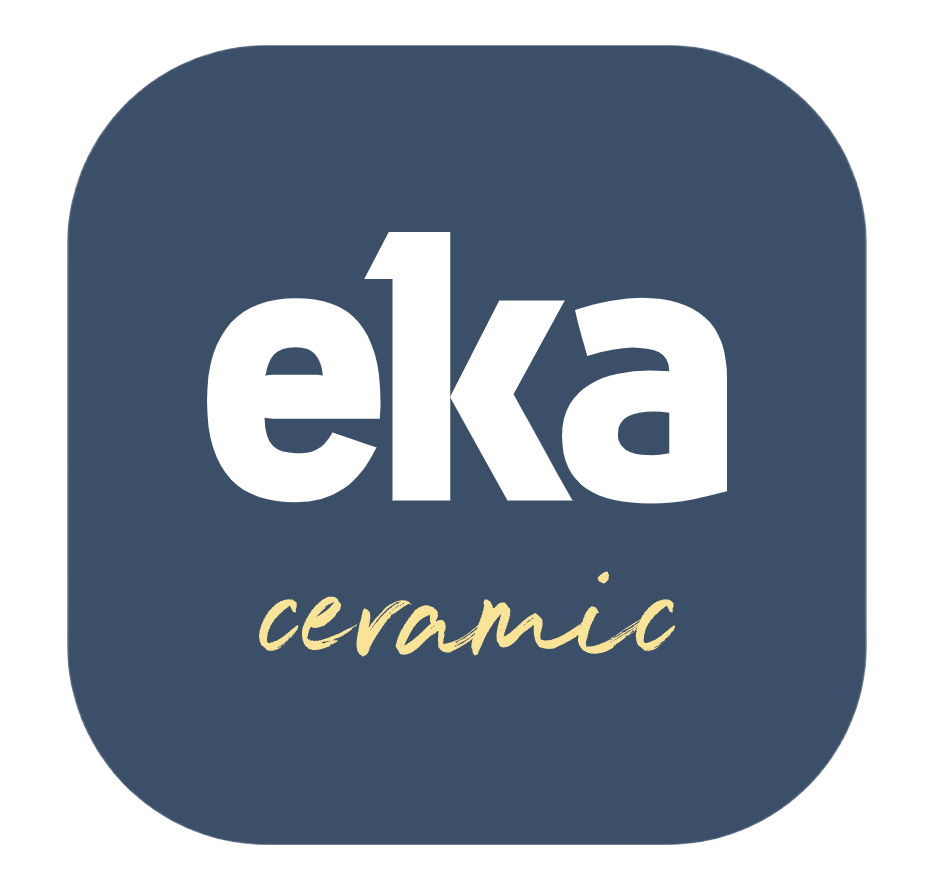The Southeast Asian market has become a significant player in the global ceramics industry, influencing trends, design preferences, and consumer behaviors. As countries in this region experience rapid economic growth, changing demographics, and evolving consumption habits, the demand for ceramic tableware has skyrocketed. In this article, we will explore how Southeast Asia is shaping the future of ceramic tableware, focusing on population growth, GDP, consumer trends, and the impact of e-commerce on the ceramic market. We will also delve into strategies for businesses to navigate the Southeast Asian market, with a particular emphasis on cross-border e-commerce and the role of EKA, a leading ceramics manufacturer from China.
1. Southeast Asia’s Demographics and Economic Landscape
Southeast Asia is home to over 650 million people, making it one of the most populous regions in the world. The population is diverse, with countries like Indonesia, the Philippines, Vietnam, Thailand, Malaysia, and Singapore each having unique cultural identities and consumption patterns. Understanding the population and economic trends is crucial for businesses looking to enter the ceramic tableware market.
Key Demographic and Economic Indicators:
- Population Growth: Southeast Asia’s population is growing at an impressive rate, with Indonesia alone accounting for more than 270 million people. Other countries like the Philippines and Vietnam also experience significant growth, which creates a large and expanding consumer base.
- GDP Growth: The region’s economy has been steadily growing, with countries like Vietnam and Indonesia showing impressive GDP growth rates in recent years. Southeast Asia’s GDP growth is expected to continue, driven by urbanization, a growing middle class, and increased consumer spending.
- Urbanization: Southeast Asia is experiencing rapid urbanization, with more people moving to cities and demanding modern, stylish home goods, including ceramic tableware. As urban centers grow, consumers become more exposed to global trends and premium product offerings.
| Country | Population (2023) | GDP Growth Rate (2023) | Key Consumer Trends |
|---|---|---|---|
| Indonesia | 276 million | 5.1% | Modern designs, Eco-friendly products |
| Philippines | 113 million | 7.1% | Affordable, Durable products |
| Vietnam | 100 million | 6.6% | Traditional, yet contemporary designs |
| Thailand | 70 million | 3.6% | High-end, luxury ceramics |
| Malaysia | 34 million | 4.3% | Sustainable, handcrafted goods |
| Singapore | 5.9 million | 4.4% | High-quality, premium products |
Know more

2. Understanding the Southeast Asian Ceramic Market
The ceramic tableware market in Southeast Asia is diverse, with various countries exhibiting distinct tastes and preferences. However, several key trends have emerged across the region, driven by changing consumer behavior and economic growth. These trends are influencing the design, production, and demand for ceramic tableware.
Key Trends in the Southeast Asian Ceramic Market:
- Increased Demand for Premium Products: As the middle class grows, particularly in urban areas, consumers are becoming more willing to invest in high-quality ceramic tableware. This trend is evident in markets like Thailand and Singapore, where consumers seek luxury items that offer both functionality and aesthetic appeal.

- Sustainability and Eco-Friendliness: Southeast Asian consumers are becoming more environmentally conscious, leading to a demand for eco-friendly and sustainable ceramic tableware. Brands offering products made from natural materials or with low environmental impact are gaining traction.
- Customization and Personalization: With the rise of e-commerce and the demand for unique products, many consumers are seeking customized or personalized ceramic items. This is especially true for special occasions like weddings, anniversaries, and corporate gifts.
- Traditional Meets Modern: Southeast Asian consumers appreciate the blend of tradition and modernity in ceramic tableware. Many buyers are looking for products that feature traditional designs with a contemporary twist, reflecting their cultural heritage while embracing global trends.
3. The Influence of Consumer Trends on Ceramic Tableware Design
Consumer preferences in Southeast Asia are playing a critical role in shaping the future of ceramic tableware design. Designers and manufacturers are constantly adapting to meet the needs and desires of this dynamic market.
Design Trends in Ceramic Tableware:
- Minimalist and Modern Designs: In urban markets like Singapore and Bangkok, minimalist designs are highly sought after. Consumers prefer clean lines, neutral colors, and functional shapes that fit into contemporary homes and dining settings.
- Handcrafted and Artisanal Styles: In countries like Indonesia and Vietnam, there is a strong preference for handcrafted ceramic pieces that reflect local craftsmanship and cultural identity. Consumers are drawn to unique, artisanal designs that showcase the skill of local artisans.
- Vibrant Colors and Patterns: While minimalist designs are popular in some areas, vibrant colors and bold patterns still dominate in other parts of Southeast Asia. In countries like the Philippines and Malaysia, consumers enjoy ceramics with bright colors and intricate patterns, often inspired by traditional motifs.
- 10 Online Tableware Shops In Malaysia (2021)

Market Segments:
- Luxury Market: In wealthier markets like Singapore and Thailand, luxury ceramic tableware is in demand. High-end products with fine details, premium materials, and brand recognition are highly coveted.
- Affordable, Everyday Use: In emerging markets like Indonesia and the Philippines, there is a high demand for affordable ceramic tableware that is both functional and durable. These consumers seek products that offer good value for money without compromising on quality.
- Eco-Conscious Consumers: As sustainability becomes a top priority for many Southeast Asian consumers, there is a growing market for eco-friendly ceramic tableware. Products made from organic or recycled materials, as well as those that are biodegradable or reusable, are in high demand.
4. Navigating Cross-Border E-Commerce in Southeast Asia
The rise of e-commerce has revolutionized the ceramic tableware market in Southeast Asia. Cross-border e-commerce has enabled businesses to reach a broader audience, providing opportunities to sell products in multiple countries without the need for a physical presence.
Key Strategies for Success in Cross-Border E-Commerce:
- Localization: Understanding local consumer behavior and preferences is crucial for success in Southeast Asia. Businesses must localize their online stores to cater to the specific needs of each market, including language preferences, currency options, and culturally relevant marketing campaigns.
- Partnerships with Local E-Commerce Platforms: To effectively penetrate the Southeast Asian market, businesses should consider partnering with leading regional e-commerce platforms like Lazada, Shopee, and Tokopedia. These platforms have large, loyal customer bases and can help brands gain visibility in a competitive market.
- Customer Experience: Offering exceptional customer service, fast shipping, and easy returns are essential for building trust with consumers. Southeast Asian buyers expect seamless online shopping experiences, so businesses must invest in these aspects to stand out from the competition.
Tips for Selling Ceramic Tableware Online:
- Focus on Product Photography: High-quality, professional images are crucial when selling ceramic tableware online. Clear, detailed photos help customers visualize the products and make informed purchasing decisions.
- Offer Customization: As discussed earlier, customization is a significant trend in Southeast Asia. Offering personalized ceramic items through online platforms can be a great way to cater to this demand and differentiate your brand.
- Emphasize Sustainability: Highlight the eco-friendly aspects of your ceramic tableware to appeal to the growing segment of environmentally conscious consumers. Include information about the materials used, the production process, and the sustainability of your products.
5. EKA’s Role in the Southeast Asian Ceramic Market
As a leading ceramics manufacturer based in China, EKA is well-positioned to serve the growing demand for ceramic tableware in Southeast Asia. With expertise in both OEM and ODM services, EKA offers high-quality, customizable ceramic products to meet the diverse needs of businesses in the region.
Why Choose EKA for Your Ceramic Tableware Needs:
- Large-Scale Production Capability: EKA is equipped to handle large orders for ODM customizations, making it an ideal partner for businesses looking to create their own unique ceramic tableware collections.
- Small Batch OEM Services: EKA also offers small batch OEM services, allowing businesses to place orders for smaller quantities of high-quality ceramic tableware, ideal for niche markets or startups.
- Customization Options: EKA provides a wide range of customization options, from design alterations to branding and packaging, helping businesses tailor their products to specific market demands.
- Quality Assurance: EKA is committed to providing top-quality ceramics that meet international standards. With stringent quality control processes in place, businesses can trust EKA to deliver durable, stylish, and reliable products.
Conclusion
The Southeast Asian market is an exciting and dynamic region for the ceramic tableware industry. With a growing population, increasing economic prosperity, and changing consumer trends, businesses must stay informed about market demands to succeed. By understanding the diverse consumer preferences, embracing design trends, and leveraging the power of cross-border e-commerce, companies can tap into the vast potential of this rapidly expanding market.
As a trusted partner, EKA offers businesses in Southeast Asia access to high-quality ceramic tableware, customization options, and reliable manufacturing services. Whether you’re looking for large-scale ODM production or small-batch OEM customization, EKA is equipped to help you meet the demands of this vibrant market.

